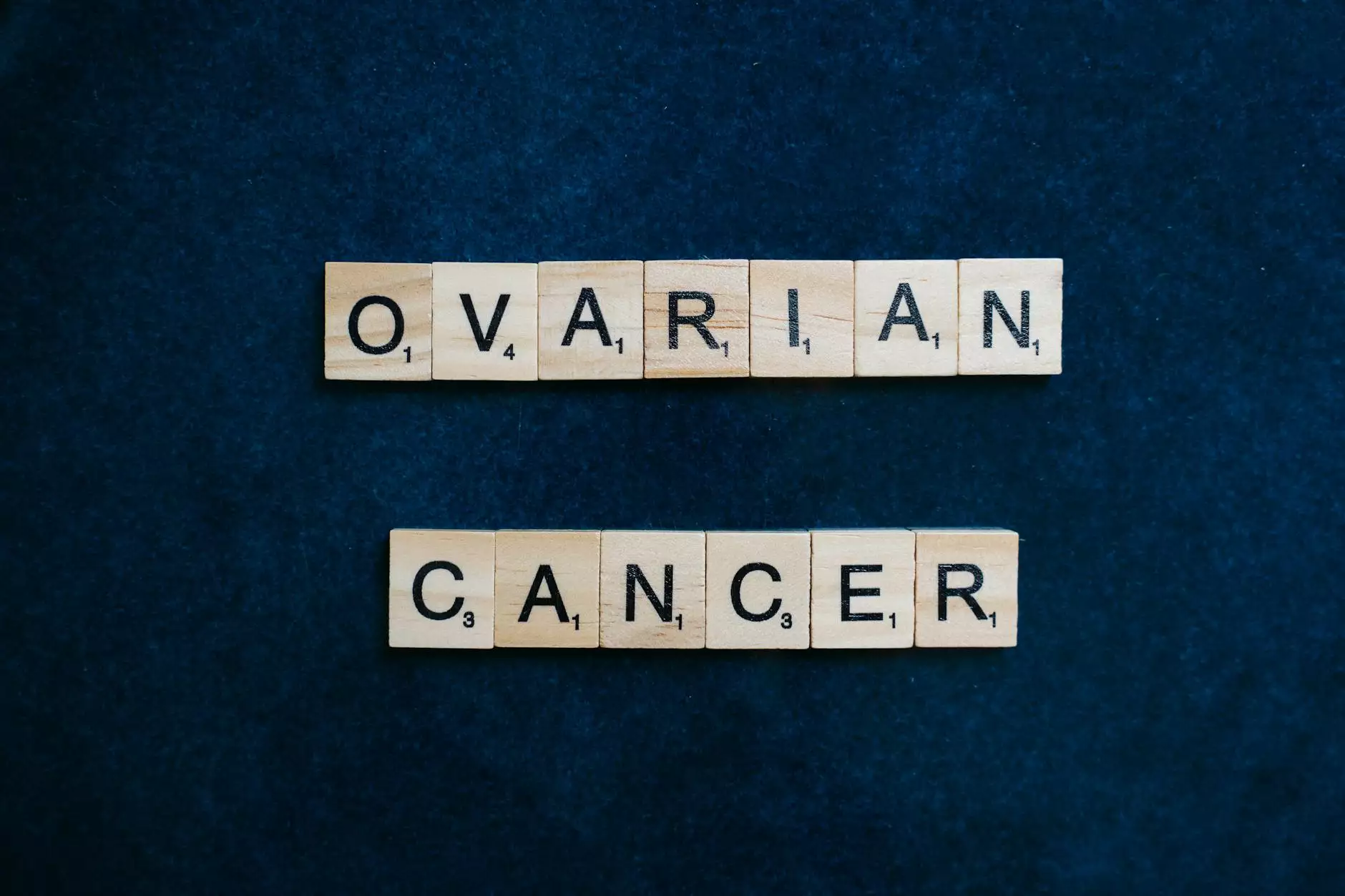Understanding the Risk of Ovarian Cancer After Hysterectomy

Hysterectomy is one of the most common surgical procedures performed on women, often recommended for various medical reasons, including fibroids, endometriosis, or even cancers. However, many women are left wondering about the long-term effects of this significant surgical procedure, particularly the risk of ovarian cancer after hysterectomy.
What is a Hysterectomy?
A hysterectomy is the surgical removal of the uterus. Depending on the medical necessity, the procedure can be total (removing the uterus and cervix) or partial (removing only the uterus). In some cases, ovaries and fallopian tubes may also be removed during the surgery, which is referred to as a salpingo-oophorectomy.
Why Hysterectomy is Performed
Hysterectomies are typically advised for several conditions, such as:
- Uterine fibroids: Noncancerous growths that can lead to pain, irregular bleeding, and other complications.
- Endometriosis: A painful condition in which tissue similar to the lining of the uterus grows outside it.
- Uterine prolapse: A condition where the uterus slips down into the vagina.
- Cancer: In some cases, women with uterine or cervical cancer may require a hysterectomy to prevent the spread of the disease.
The Link Between Hysterectomy and Ovarian Cancer Risk
One critical concern for women undergoing a hysterectomy is the risk of ovarian cancer after hysterectomy. Research presents a mixed bag of findings surrounding this topic. Generally, the removal of ovaries during hysterectomy can significantly reduce the risk of ovarian cancer. However, if the ovaries are preserved, women may still be at risk.
Understanding Ovarian Cancer
Ovarian cancer is often termed the "silent killer" because many women do not experience noticeable symptoms until the disease has advanced. Some common symptoms include:
- Abdominal bloating or swelling
- Quickly feeling full when eating
- Pelvic or abdominal pain
- Urinary urgency or frequency
- Changes in bowel habits
Understanding these symptoms can help women take proactive measures in their health care journey, especially following a hysterectomy.
Factors Influencing Ovarian Cancer Risk
The risk of ovarian cancer after hysterectomy can be influenced by various factors:
- Ages: Women who undergo hysterectomies typically undergo the procedure in their 30s or 40s, a period that can intersect with increasing ovarian cancer risk.
- Genetic predisposition: Women with BRCA1 or BRCA2 gene mutations face a higher risk of ovarian cancer.
- Family history: A family history of ovarian or breast cancer can increase risk levels.
- Ovaries status: As previously mentioned, the status of the ovaries at the time of the hysterectomy significantly affects cancer risk; ovaries that are removed reduce risk substantially.
Studies and Evidence
Several studies have explored the risk of ovarian cancer after hysterectomy. For instance, research published in the journal Gynecologic Oncology has determined that women who had a hysterectomy with bilateral salpingo-oophorectomy had a markedly lower risk of developing ovarian cancer compared to women who did not have their ovaries removed.
However, in women who retain their ovaries, the risks present a gray area. Some studies suggest marginally increased risks related to certain other factors that complicate this issue. Ultimately, discussions with healthcare professionals are essential to assess individual risks accurately.
Preventive Measures and Recommendations
While hysterectomy may reduce certain risks associated with reproductive health, proactive measures can still play a vital role in ensuring overall gynecologic health. To mitigate the risk of ovarian cancer after hysterectomy, women are encouraged to:
- Engage in regular pelvic exams and health screenings.
- Discuss personal and family health history with their healthcare provider.
- Be aware of the signs and symptoms of possible ovarian cancer and seek medical attention if they occur.
- Consider genetic testing if there’s a significant family history of breast or ovarian cancer.
- Follow a healthy lifestyle, including a balanced diet and regular exercise, as these can influence overall health and cancer risk.
Importance of Medical Guidance
The journey after a hysterectomy can be complex, and understanding the risk of ovarian cancer after hysterectomy is essential. Women should have ongoing discussions with their healthcare providers regarding their unique situations. Specialists like those at Dr. Seckin's practice can offer tailored advice based on individual medical histories and risk factors.
What Women Should Know Post-Hysterectomy
After undergoing a hysterectomy, it is paramount for women to be informed about their health moving forward. Here are some points to consider:
- Menopause: If ovaries were removed, natural hormonal balance is disrupted, leading to menopause symptoms.
- Hormone Replacement Therapy (HRT): May be recommended to alleviate menopausal symptoms but should be discussed with a healthcare provider.
- Regular Follow-Ups: Consistent appointments with healthcare professionals are vital for monitoring overall health and cancer risk.
Conclusion
In conclusion, the risk of ovarian cancer after hysterectomy is a multifaceted topic that requires careful consideration and personalized attention from healthcare professionals. By raising awareness, educating women, and promoting proactive health measures, we can improve outcomes and empower women to take charge of their health journey. Remember to consult with experts and remain informed about your health to make the best decisions moving forward.
For more detailed information and guidance, please visit Dr. Seckin's website.









